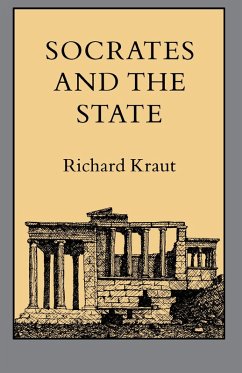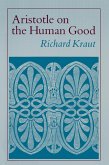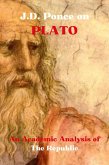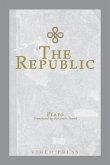This fresh outlook on Socrates' political philosophy in Plato's early dialogues argues that it is both more subtle and less authoritarian than has been supposed. Focusing on the Crito, Richard Kraut shows that Plato explains Socrates' refusal to escape from jail and his acceptance of the death penalty as arising not from a philosophy that requires blind obedience to every legal command but from a highly balanced compromise between the state and the citizen. In addition, Professor Kraut contends that our contemporary notions of civil disobedience and generalization arguments are not present in this dialogue.
Dieser Download kann aus rechtlichen Gründen nur mit Rechnungsadresse in A, D ausgeliefert werden.









